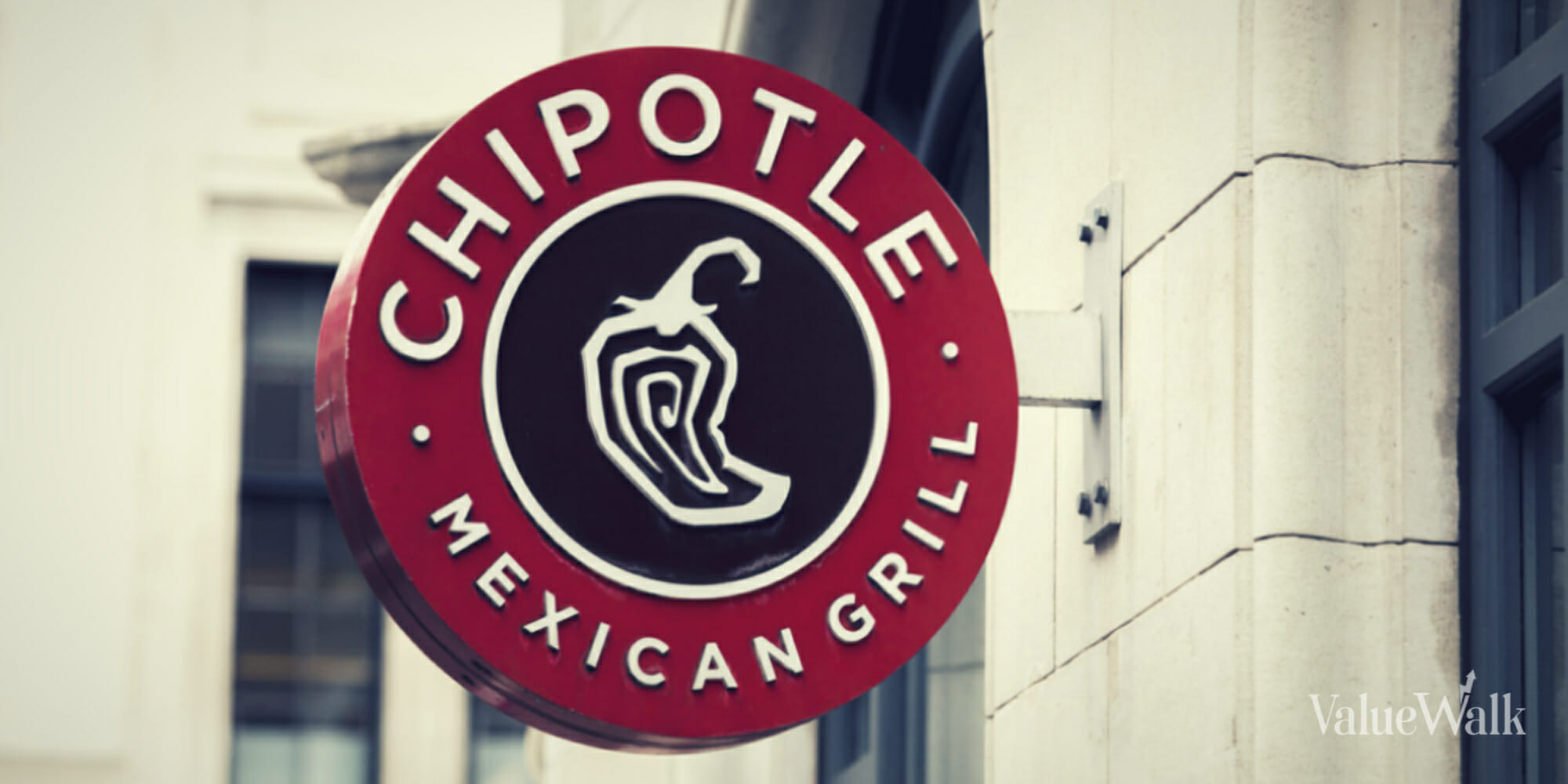According to SEC document analysis firm footnoted, online review firm Yelp’s recent 10-K filing with the SEC raises a number of red flags. March 2nd is the deadline for quarterly SEC filings, and footnoted pointed out that Yelp’s 10-K was substantially revised again, as it was last year, as well as further modified in a 10-Q filing in October after an SEC comment letter.
All about traffic growth
The footnoted team highlights new language in Friday’s filing:
“As our traffic growth rate slows, our success will become increasingly dependent on our ability to increase levels of user engagement on our platform. This dependence may increase as the portion of our revenue derived from performance-based advertising increases. If user engagement decreases, our advertisers may stop or reduce the amount of advertising on our platform and our results of operations would be harmed.
They also note that in last Friday’s 10-K, the phrase “traffic growth” showed up seven times, while it was there just once in the October 10-Q. Of note, prior to that, the firm had not used the term since May of 2012. The significance of the new emphasis on “traffic growth” as a disclaimer is not clear, but it is clearly there at the request of the SEC.
Yelp management less than fully forthcoming
The March 2nd footnoted article also pointed out that the traffic growth issue was not discussed in much detail during the call by Yelp Inc (YELP)’s management or the analysts participating in the call. Then again, analysts cannot really be expected to ask those types of questions. That said, it seems like Yelp’s management should have had some inkling about what they were going to say in the 10-K to be filed just three weeks later.
Negative tax rate another red flag
Also of note in Yelp’s recent 10-L filing is that in footnote #14, the firm allowed that its effective tax rate for 2014 was -223.34%. This is a definite red flag. While Yelp’s unusually high negative tax rate was mentioned on the call and explained as related to the release of a one-time deferred tax allowance of $26.2 million, as footnoted says “…seeing a negative tax rate of over 200% should give anyone pause about some of the other numbers in the filing.”
What relevance to now? Yelp had some pretty rough earnings last week and the stock fell to its lowest level in two years on disappointing ad sales. Analysts at Evercore ISI note:
Our position on the stock is that material international penetration will be a challenge, traffic acquisition at home is getting harder and more expensive (thanks in part to stricter Google policies), and net customer adds are diminishing as a percentage of total active accounts, all pointing to limited margin leverage over time.





